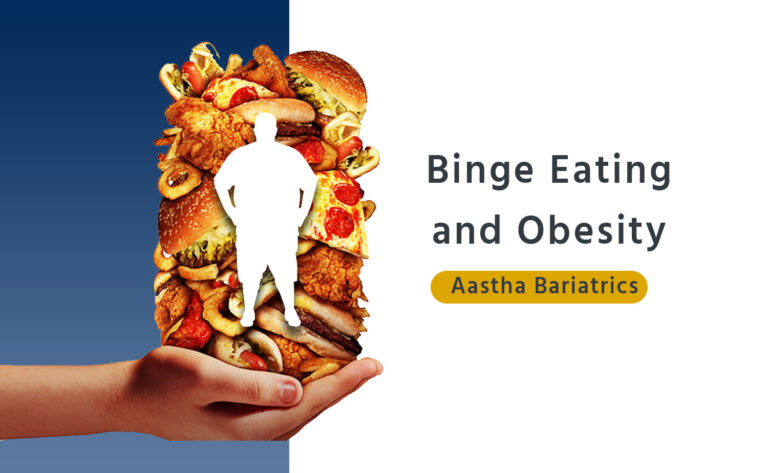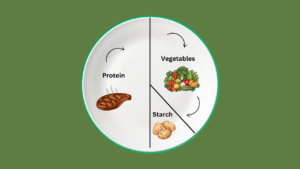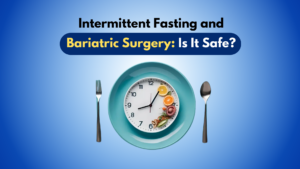Binge eating and Obesity - Aastha Bariatrics

Introduction -
Ever found yourself craving to finish that leftover piece of cake? You had no intension to eat that cake, and yet you mindlessly reached to grab a few spoonfus. Sometimes you cannot control your cravings and end up eating even if you are not hungry.
What is Binge eating disorder?
Binge eating is an eating disorder where you consume food in large quantities in a short period of time. You eat unreasonabaly and uncontrollably.
Signs and symptoms -
- Consuming abnormally large amount of food in one sitting.
- Unplanned meals.
- Periodic fasting.
- Fear of eating in public but eating a lot when alone.
- Uncontrolled eating pattern.
- Felling guilty regarding binge eating.
- Overweight/ Obesity.
- Sleep apnea.
- Low self esteem.
- Social withdrawal.
- Gasto-intestinal complains.
Causes of Binge eating-
- Stress
- Anxiety
- Mindless eating
- Hormonal imbalance
- Peer pressure
- Alohol consumption
- Learned behaviour patterns since childhood
- Food pictures
- Habitual snacking
Outcomes of Binge eating-
- Hypercholestrolemia
- Weight fluctuation
- Obesity
- Cardio vascular diseases
- Sleep apnea
- Respiration distress
- Hyperglycemia
Binge eating and Obesity correlation -
Binge eating disorder (BED) and obesity have common characteristics. BED is an eating disorder that typically starts in late childhood/early adolescence. Obesity, on the other hand, is excessive fat accumulation that all ages and populations can struggle with. Even though these issues can overlap, the treatment for them varies.
Obesity has several characteristics that are similar to binge eating disorder. A person of any age can be obese due to a variety of factors.
Often, individuals who are obese may be depressed, stress eat, or lack proper knowledge on exercise and self-care.
Both binge eating disorder and obesity can lead to various health issues, such as high blood pressure, stroke, gastrointestinal issues, heart attack or event, diabetes, gallbladder concerns, and cholesterol concerns.
These medical concerns arise due to the fact that individuals who binge eat or overeat tend to go toward foods that are high in fat or calories. Often, when a person stress eats, they tend to consume comfort food. These days comfort food is cream-based, fried, or sugar-based. These foods can lead to increased physical complications and weight gain.
Binge eating and Obesity correlation -
There are several ways to avoid Binge eating. Few are listed and explained below-
Mindful eating-
Do not watch TV or talk while eating. Avoid using phone during meals.
Controlled portion size-
Use a smaller plate because if you use a large plate standard-sized portion will look very less and will make you feel unsatisfied.
Food diary-
A food diary is a daily log of what you eat and drink each day. The diary helps you and your nutritionist understand your eating habits. It can help you realize what you consume. Once you know this, you can make changes to your diet to improve your weight.
Stay hydrated-
Sometimes we mistake thirst for hunger. This can cause you to eat something when you really don’t need food, you need hydration. If you’re dehydrated, this can cause you to overeat or binge.
Tips-
- Do not skip meals.
- Have small frequent meals instead of large meals.
- Chew your food properly.
- Eat slowly.
- Drink enough water.
- Include fibre in you meals.
- Include pro-biotics like curd in your meals.
- Eat your fruits instead of fruit juices.
- Avoid empty calories.
- To overcome anxiety and stress try yoga and meditation.
If healthy lifestyle becaomes a part of your life you can overcome Binge eating and eliminate the risks of other diseases and lead a happy life.
Why We Are?
- Asia's Trusted Bariatric Center
- Centre of Excellence
- Patient Trusted Highly Volume Bariatric Center in Mumbai
- EMI, Cashless & Mediclaim Facilities are Available
- Daily Patients Follow-up after Bariatric Surgery
- Patient Support Group Every Month
- Obesity Awareness Program
- Available with Latest Technologies
- 18+ Experience in Weight Loss Bariatric Surgery
- 300+ Weight Loss Diet Plan & Recipes
- Highly Trained & Experienced Bariatric Nutritionist
- Patient WhatsApp Chat Group
- & Many More
Medically reviewed by Dr. Manish Motwani, Bariatric & Metabolic Laparoscopic Bariatric Surgeon — Curated by Ruchika Bachwani






